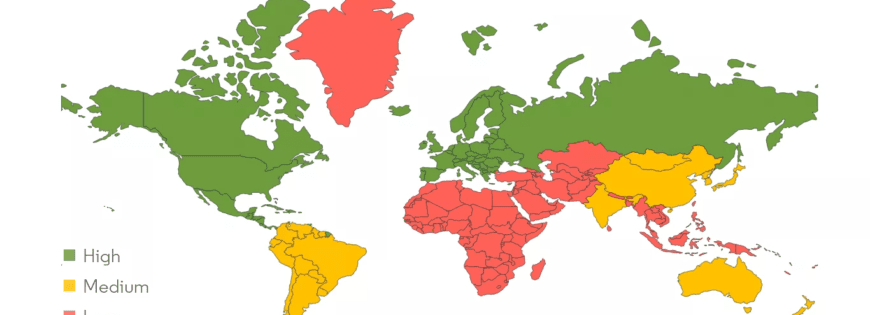In 2005, the government implemented various organic farming policies in India to create awareness and boost organic farming in India. Organic farming covers 2.78 million hectares in India out of 140.1 million hectares which contributes to 2% of the area under organic cultivation. The Indian government has recently launched a variety of organic farming policies and schemes aimed at increasing organic farming in the region. The National Programme for Organic Production(NPOP) covers 1.94 million hectares of land, 0.59 million hectares are covered under Paramparagat Krishi Vikas Yojana (PKVY), and 0.17 million are covered under state schemes,0.07 million are covered under Mission Organic Value Chain Development for North Eastern regions. (MOVCDNER).
Despite having a limited organic area under cultivation, India ranks first in terms of the number of organic farmers. India has a total of 1.9 million organic farmers, accounting for 1.3% out of 146 million agricultural landowners. Government policies for organic farming in India like Zero Budget Natural Farming, which reduces the cost of harvesting and growing plants. It reduces costs to zero by eliminating external inputs and using natural resources. These government policies for organic farming in India encourage the farmers to switch their conventional land into organic agricultural land that boosts organic farming in India
APEDA certification and promotion
Due to the various agricultural climatic conditions, India has a lot of potential for producing a wide variety of organic products. The inherited tradition of organic farming is an added benefit in many parts of the world. This presents an opportunity for organic farmers to tap into a demand that is rapidly expanding both domestically and internationally.
The APEDA, Government of India, and Ministry of Commerce and Industries have implemented the National Programme for Organic Production. This curriculum involves the accreditation of certification bodies, marketing, and organic farming promotion. The European Commission and Switzerland have accepted the NPOP standards and production as equivalent to their country standards. Similarly, the USDA has accepted NPOP conformity evaluation procedures as equivalent to the NOP of the United States. These certifications and promotions boost the growth of organic farming in India. With these recognitions, Indian products are accepted by the importing countries. APEDA is also in the process of bilateral equivalence with Canada, Japan, Taiwan, and South Korea.
Organic products -The market trend
The largest and fastest-growing segment of the global organic food industry is organic fruits and drinks. As a result of initiatives from the government and the demand for healthy ingredients, the growth of organic farming in India is surging. The growth in demand for organic fruits and drinks is largely due to the increased productivity and increased global consumption. The Covid-19 pandemic has had a positive impact on the organic food and beverage industry due to an increased awareness of balanced and nutritional diets. As a result, there is a huge surge in the growth of organic farming in India.
Non-alcoholic beverages leading the beverage market
Organic fruit drinks and beverages have become a great demand across the world as customers become more health-conscious and choose beverages that are free from flavouring agents, preservatives and synthetic pesticides. This led to an increase in demand for organic fruit purees.
With the increase in organic fruit production, the fruits and fruit purees export sees a major increase in numbers. The fruit pulp manufacturers and beverage companies have adopted the organic movement by re-formulating their brands or by launching a new product range. The demand for non-alcoholic drinks is projected to rise further during the forecast period. This is due to an improvement in favourable policies from different countries towards the organic industry.

Organic drinks – Geographic Segmentation
North American markets dominate the organic fruits and drink markets followed by Europe. The North American organic juice industry is further classified into the United States, Canada, and Mexico. The European juice market has been categorized into Italy, Germany, France, Spain, the UK and the rest of Europe. The organic juice market in Asia-pacific is divided into India, China, Japan, Australia, New Zealand, Japan and the Rest of Asia-Pacific. The organic juice market has been further segmented into South America, the Middle East, and Africa. As per the reports, nearly 14% of the fruits sold in the United States are organic.


